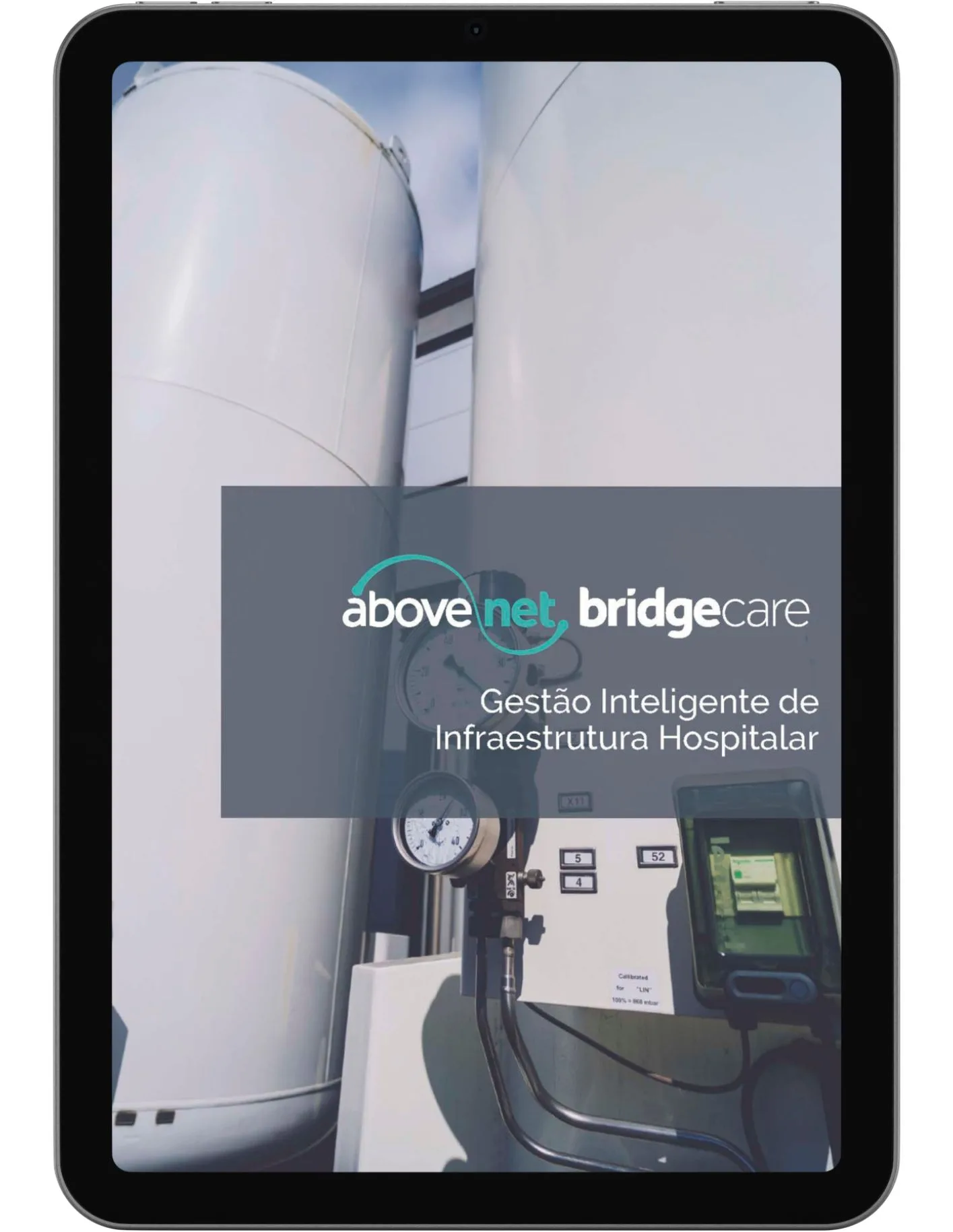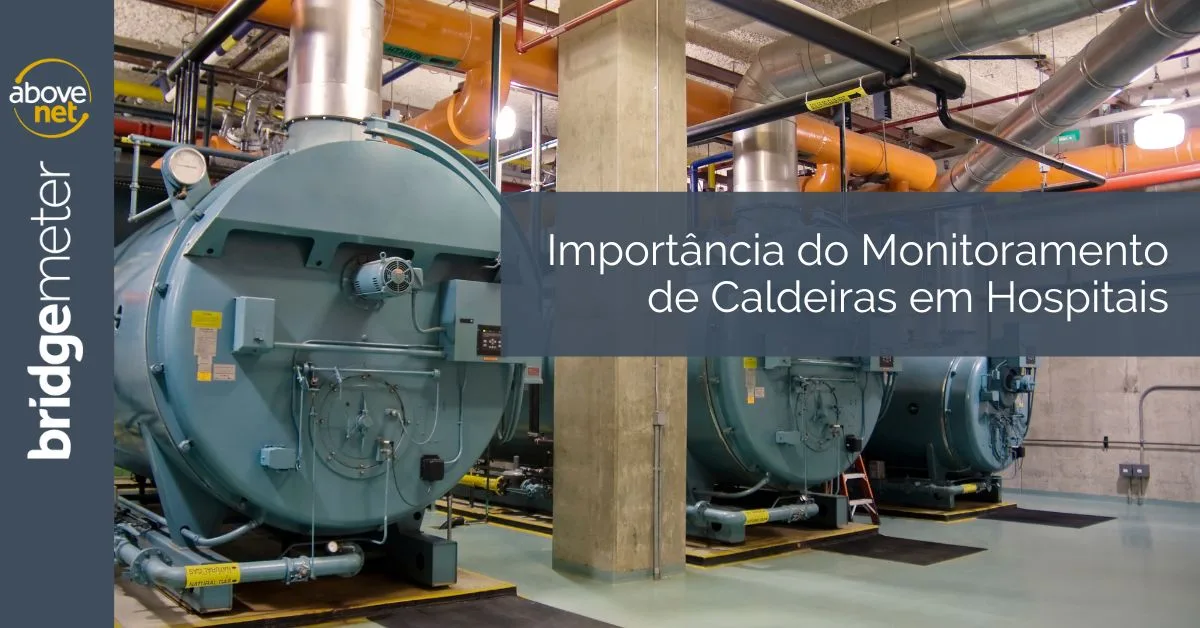Nos ambientes de saúde, a gestão eficaz e eficiente dos processos é crucial para garantir o bem-estar dos pacientes e proporcionar condições de trabalho adequadas para os profissionais. Muitos dos sistemas críticos em hospitais operam de maneira discreta, mas são fundamentais para o funcionamento da instituição.
Tomemos, por exemplo, o sistema de aquecimento. As caldeiras desempenham um papel vital ao fornecer calor necessário para diversas funções, incluindo a esterilização de equipamentos, operação de lavanderias e aquecimento de água para banhos.
Para assegurar que o sistema de aquecimento opere com eficiência e confiabilidade, é imprescindível a implementação de um rigoroso controle e monitoramento. Isso inclui o acompanhamento do desempenho das caldeiras, a análise dos padrões de consumo de energia e a detecção precoce de falhas que possam afetar a operacionalidade do sistema.
Monitorando dados como temperatura, níveis, pressão e outros parâmetros, é possível obter um entendimento aprofundado sobre o funcionamento das caldeiras. Com essas informações, estratégias podem ser desenvolvidas para otimizar a manutenção preventiva e aprimorar o isolamento do sistema. Tais medidas visam não apenas a redução do consumo de combustível, mas também garantem que o aquecimento seja eficaz e confiável em todas as áreas do hospital, especialmente em períodos de maior demanda.
Além disso, o monitoramento contínuo aumenta a segurança operacional das caldeiras, prolonga sua vida útil, reduz custos e eleva a eficiência energética do equipamento. É, portanto, um componente essencial para a manutenção da qualidade e segurança nos cuidados hospitalares.

Catálogo
Quer saber mais sobre como realizar uma Gestão Inteligente da Infraestrutura Hospitalar?
Então baixe o nosso catálogo para explorar como o monitoramento IoT da Infraestrutura Hospitalar melhora o atendimento ao paciente. Descubra soluções inteligentes de monitoramento preventivo com o Bridgemeter.
Leia também:
A Importância da Infraestrutura Hospitalar: Estudo de Caso Sobre Prejuízos Evitáveis




 HyTrade Marketing & Vendas B2B
HyTrade Marketing & Vendas B2B